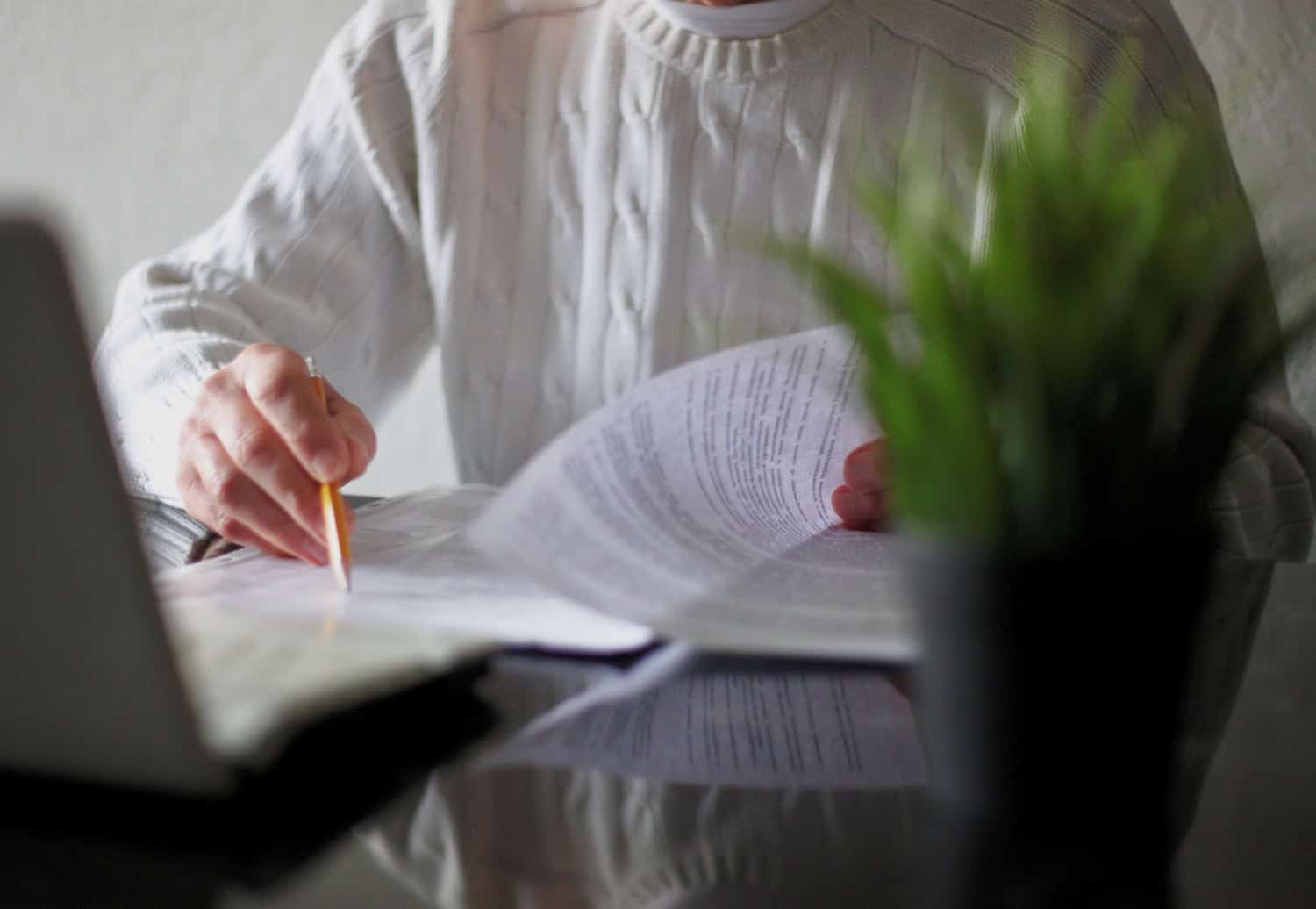After a universally-shared horrific 2020, the Covid-19 vaccine rollouts starting from the first quarter of 2021 have given people some hope that there’s light at the end of the Covid-19 pandemic tunnel. As we noted in the previous article (titled Covid-19 pandemic sparks shift in mindset about mortality), people have become more philosophical about their mortality and want to sort out their affairs in the unlikely event of their early demise.
Against this backdrop, it now seems an opportune time to focus on estate planning. Contrary to popular belief, you don’t have to be very rich to engage in estate planning. Even people with minimal assets will need help to ensure that whatever belongs to them enjoys a smooth and comfortable transition to their next-of-kin. As such, this is a good time for them to create, update and formalise their estate planning documents.
Broadly speaking, estate planning helps people to address all issues related to their property, financial and business affairs. In the wake of the Covid-19 pandemic, some of these issues could have taken an unanticipated hit, but the planning should be robust enough to ride through such uncertainties in the longer term. To this end, estate planners
will typically take a holistic approach with their clients to identify issues and clients’ objectives relating to matters such as asset management and distribution in the event of death.
Dealing with adverse events:
There is little doubt that Covid-19 pandemic has led to adverse events in many people’s lives. In both Singapore and Malaysia, there were heavy job losses in 2020 and more people are expected to be out of jobs in 2021. Further, it is still early days, but anecdotal
evidence from around the world suggest that living under lockdown (or circuit-breaker) conditions in small spaces has not been easy for families. This has contributed to strained family relationships and opened the door to mental health issues that have to be addressed.
Estate planning practitioners who are at the top of their game have to factor in the current extraordinary situation into their frameworks for helping their clients. They have to strategise and carefully consider actions that help to balance the needs of each beneficiary
of their clients while at the same time maintaining family harmony. This is not an easy task even in the best of times.
As estate planning encompasses many aspects that involve the handling of sensitive information, financial legal and tax affairs relating to clients’ assets and businesses, most estate plans have to be drawn up with the help of professional estate planners. In more complex estate planning, lawyers, accountants, trustees and tax advisers are often
involved in the structuring, setting up and the preparation of the legal and trust instruments.
While there is certainly no one-size-fits-all in estate planning, the first step for everyone in the process is to make a will. This is a document that takes effect after death, providing instructions on how assets are to be distributed according to the wishes of the person who died. Wills are the starting point to give loved ones some peace of mind after you are gone.
Note: In our next article, we look at some of the stumbling blocks that people encounter when they make their wills.










